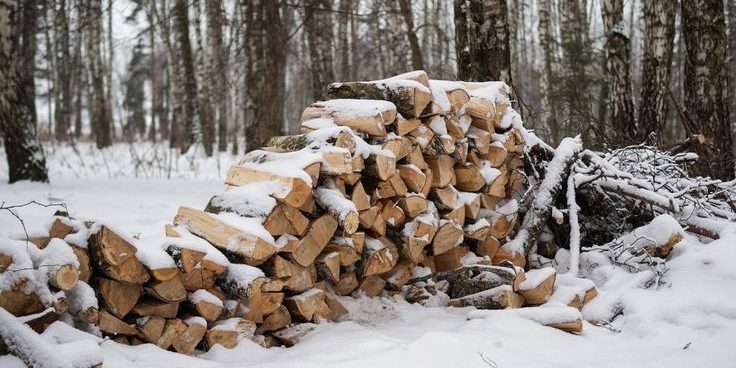The summertime is full of sun and fun, when you can get outdoors and enjoy all that this season supplies the five senses; fragrant flowers, gorgeous blue skies, bird’s singing, fresh fruit, and – ouch! – pesky mosquitoes! But have you ever wondered what happens to mosquitoes when the colder months arrive? Do they just up and die?
Not quite. Read on to discover what happens to mosquitoes in the winter:
Understanding the Mosquito Life Cycle
The mosquito begins as an egg submerged in shallow, warm water. From here it hatches into a larva, then pupa, and finally into an adult.
The average adult male mosquito lives for about two days. The female survives longer – a month or more – so she can continue to reproduce. Either way, mosquitoes love warm, humid temperatures that expand its longevity.
Winter has Arrived
It’s not until temperatures stay below 50 degrees Fahrenheit that mosquitoes will begin to shut down. They seek out small spots where they can hide – like tiny holes, hollow logs or burrows – and go into hibernation for the winter. However, the exact way a mosquito survives during the winter can vary by species.
Right before the temperatures begin to drop, female mosquitoes will lay their last batch of eggs. When the water freezes, this causes the egg to pause its development process, a stage known as diapause. When the warm weather returns, these eggs hatch, go through the rest of the life cycle and reemerge just in time for summer.
What about Diseases?
When mosquitoes hibernate for the winter can they still pass on diseases such as the Zika Virus? No. But they can pass the virus they’re carrying onto their offspring that are in the frozen water waiting for warm weather so they can hatch and then transmit the virus to unsuspecting humans. And once the hibernating mosquitoes return to activity, infected ones can still carry the virus.
Preventative Measures in Fall and Winter
While there is no question that backyard mosquito control in the summer is paramount, the same goes for taking preventative measures during the colder seasons as well.
It only takes a couple of inches of water for mosquitoes to begin their life cycle. That’s why it is important to inspect your property for any standing water that might house mosquito eggs, such as containers, small puddles, clogged gutters, outdoor drainage issues, and more during every season, not just summer.
The best way to maintain mosquito control on your property is to hire professionals. These experts know where mosquitoes hibernate during the winter and can point out spots you could easily miss.
Year-round mosquito control is extremely important if you want to enjoy each summer free of those pests buzzing in your air, biting your skin, and sneaking into your house.
If you need help in eliminating these pesky biting insects from your yard, our Charleston Team here at MosquitoNix® is here to help!







